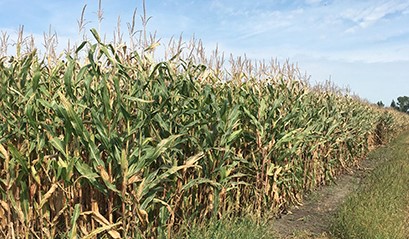- The product should only be applied when the potential of drift to houses, schools and recreational areas is minimal,
- A restricted-entry interval of 12 hours, and
- Directions for buffer zones to protect non-targeted and aquatic habitats.
The label demands were part of Health Canada’s re-evaluation of glyphosate, which reaffirmed the product’s importance on farms.
“Glyphosate is an important herbicide for Canadian agriculture (because) it is the essential herbicide for use on glyphosate-tolerant crops, including canola, soybean, corn, sweet corn and sugar beet,” the report says. “Post-harvest stubble treatment with glyphosate allows reduced or zero-tillage, which has facilitated the adoption of conservation agriculture that results in improved soil quality.”
Glyphosate is safe, Health Canada says.
“Dietary exposure associated with the use of glyphosate is not expected to pose a risk of concern to human health,” the report says.

And the Canadian Food Inspection Agency backs up Health Canada’s information.
In 2015-2016, the CFIA sampled 3,188 domestic and imported food samples to measure glyphosate residue.
The agency tested 482 samples of fresh and processed fruits and vegetables, 2,497 samples of grains, and 209 samples of baby foods.
While nearly 30 per cent of food sampled contained some level of glyphosate, Health Canada deemed all of the samples safe.
“The overall compliance rate for these surveys, based on Canadian Maximum Residue Limits, was 98.7 per cent,” says CFIA’s April 11 report. “Glyphosate residues above (the limits) were found in only 1.3 per cent of samples.”
“This data was evaluated by Health Canada and no human health concerns were identified.”